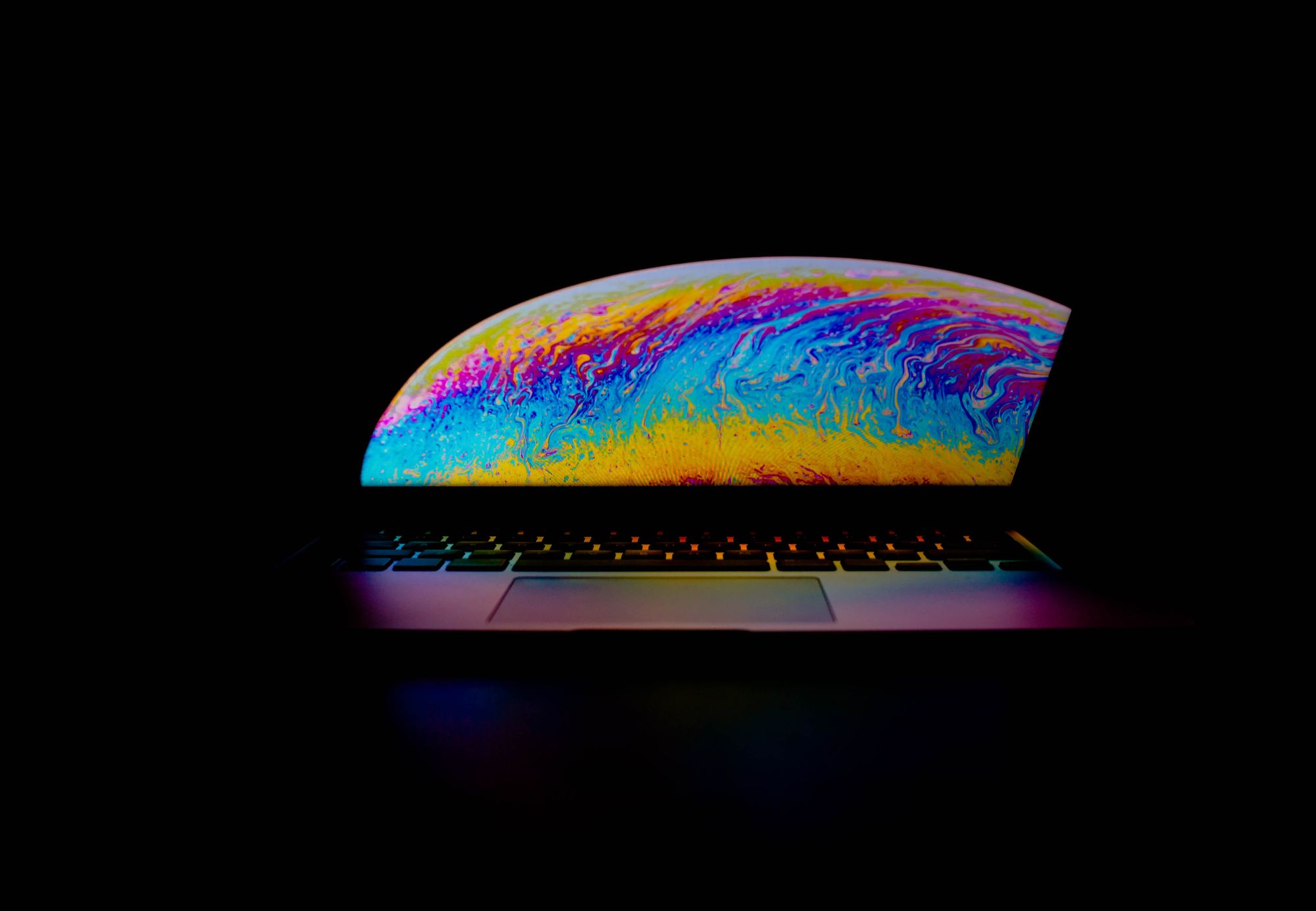Apple's transition to Apple Silicon for Macs marks the beginning of the end of the PC era

On June 22 this year, Apple's CEO Tim Cook announced that the entire Mac lineup would transition from Intel processors to their own chip designs, called Apple Silicon, over the next two years. Now that the first Apple Silicon based Macs are here, I would argue that this is the biggest happening in the PC industry in decades, and will turn the entire industry upside down. Why?
Until now, the entire PC industry has been running what is effectively the technological and architectural descendants of the IBM PC, launched in 1981. It has been characterized by:
- An x86 "backwards-compatible" processor design, manufactured by either Intel or AMD
- A hardware architecture that has a large degree of standardization and interoperability between vendors, e.g. for memory, expansion cards, storage, that allows different vendors to independently develop different parts of the architecture
- Independent companies that control the development of hardware components and the operating system / software ecosystem
- A focus on raw performance over power efficiency
Sure, the architecture has evolved through several iterations and is many orders of magnitudes more capable than its grandparents from the 80's. But with the release of the Apple Silicon based Macs, it is apparent that the dynamics of the PC era are about to change.
In the shadow of the big PC chipset manufacturers Intel and AMD has been ARM. ARM has been the dominant designer of mobile chipsets for the past decade, and has always had power efficiency as its core focus. ARM based chipsets have never really been considered to be able to compete with x86 based chipsets from a pure performance perspective. But many people with a mobile phone have probably realized that the performance gap between the capabilities of a phone or tablet, and a PC has shrunk considerably over the past years.
The M1 is the result of Apple's 10+ year effort to build a world leading chip design capability
Initially when Apple launched the iPhone, Apple relied on chipsets designed by ARM. But since the iPhone 4 and the iPad in 2010, Apple has been designing their own chips themselves, only loosely based on the ARM architecture. Apple has now over 10 years experience designing chips.
On November 10 this year Apple announced the first series of Macs based on the new Apple M1 chip. The launch event was filled with what sounded like a lot of hyperbole, like "world's fastest CPU core", "world's best CPU performance per watt", "world's fastest integrated graphics". These claims were vague and met with quite a bit of scepticism, to say the least.
But when the reviews of the models (MacBook Air, 13-inch MacBook Pro and Mac Mini) came in, one thing was common - everybody was blown away by the capabilities of the new Macs. They seemed to have achieved the holy trinity of computer designs - leading performance, leading power efficiency (which translates to great battery time) and good value.
The end of the PC era?
The results from the reviews and benchmarks were so astonishing that I simply decided to go out and buy a M1 based MacBook Air, so that I could see for myself. And after about three weeks of daily use of my new Mac, I'm no less impressed. It has great performance, exceptional battery time and - owing to its power efficiency and fanless operation - is completely silent.
I believe what Apple has achieved with its chip design also shows that the traditional x86 based PC architecture has reached the limits of its evolutionary architecture. The focus on "pure performance" over power efficiency means the x86 architecture has reached the "thermal wall", where you basically can't get more performance without using more power, and you can't use more power, because you can't get rid of the heat.
Due to the architectural choices made in the past, and the characteristics of the PC industry, it has reached road's end, with diminishing returns on each iteration of development. The PC architecture simply can't catch up with Apple's breakthroughs in chip design without "breaking with it's past", in terms of rearchitecting the design while ditching the tradition of backwards compatibility, since getting rid of the architectural legacy is needed to make the required leaps in thermal efficiency, that would in it's turn allow it to add performance without hitting the thermal wall.
But to rearchitect the PC would require something that only Apple has - integrated control over both the hardware and the software ecosystem. Changing the architecture without controlling the entire value chain (chips, hardware, software) is incredibly difficult, and will take a lot of time - several years at least - to catch up.
As a result, I believe Apple is well positioned to capture a significant share of the PC market over the coming years, and move quite quickly from being a premium / niche player in the PC market, to being mainstream - and potentially the market leader.
Remember where you read it first :)
